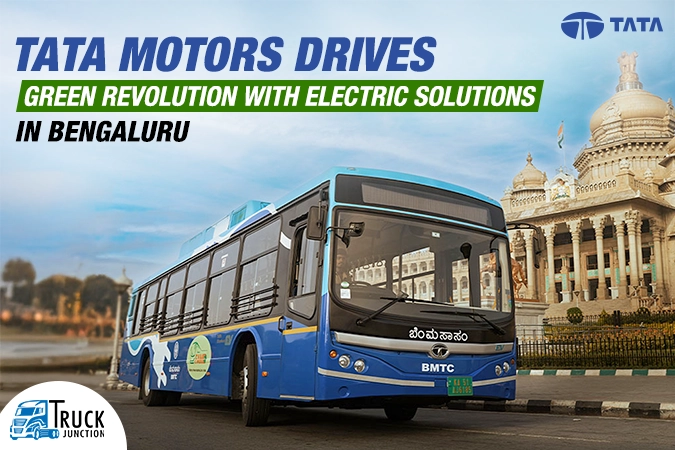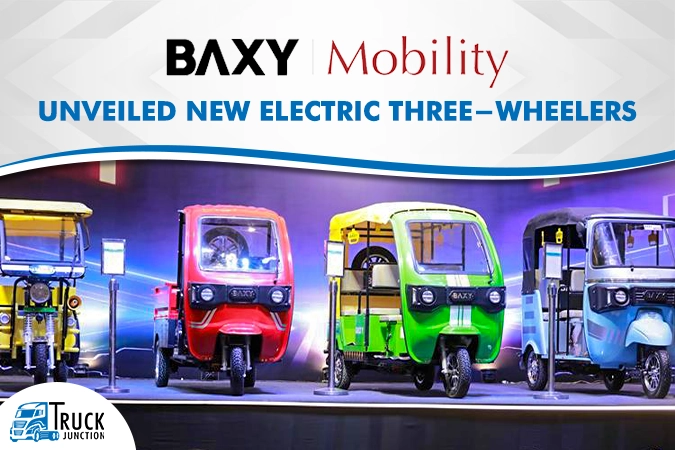Ashok Leyland Sets Roadmap for Battery Manufacturing
Ashok Leyland, a leading company in the Hinduja Group, is advancing its plans to develop battery technology locally. This move is part of its larger strategy to electrify its operations. The company is focused on reducing its dependence on foreign technology by building in-house expertise in battery manufacturing.
Key Highlights of Ashok Leyland's Battery Manufacturing Strategy
- The company aims to develop in-house capabilities to design battery modules and packs using battery cells.
- This step comes as expertise in creating battery modules and packs from cells is scarce in India.
- Ashok Leyland plans to invest in a battery pack manufacturing facility only after achieving significant proficiency in design.
- The company is taking a cautious approach to avoid over-reliance on foreign technology and to ensure a strong domestic knowledge base.
A Measured Approach to Battery Pack Manufacturing
Ashok Leyland's strategy involves a step-by-step approach to entering the battery manufacturing space. The company is not rushing to set up a manufacturing facility but is first prioritizing in-house design proficiency. Agarwal noted, "We are open to investing, but we are determined to follow the right roadmap." This measured approach ensures that Ashok Leyland avoids premature investments and builds a strong foundation for future growth.
Furthermore, by focusing on developing in-house capabilities, Ashok Leyland aligns with India's goal of becoming more self-reliant in critical automotive technologies. This strategy will likely provide the company with a competitive edge in the rapidly evolving electric vehicle market.
Building In-House Expertise in Battery Technology
To support its electrification strategy, Ashok Leyland has started focusing on building internal design capabilities for battery packs. Developing this expertise is crucial for the company as it lays the foundation for future investments in manufacturing facilities. Shenu Agarwal, Managing Director and CEO of Ashok Leyland, stated, "The first thing that you need to do before you even start thinking of investing in localization of battery or battery packs is to develop the capability in-house."
Moreover, Agarwal emphasized that India's current expertise in battery technology is limited, highlighting the need to build these skills domestically. Consequently, this approach reflects a strategic focus on knowledge development before proceeding with substantial investments.
Challenges and Opportunities in Battery Localization
The development of in-house battery technology capabilities presents both challenges and opportunities for Ashok Leyland. While the lack of local expertise poses a challenge, it also offers the opportunity to build a robust foundation in a critical area of automotive technology. Additionally, by focusing on knowledge development and reducing dependence on imported technology, Ashok Leyland positions itself for sustainable growth in the electric vehicle sector.
This strategy also supports India's larger vision of becoming a leader in sustainable automotive solutions, paving the way for a more resilient and competitive future in the electric vehicle market.
Follow us for the Latest Truck Industry Updates -
☞ Facebook - https://bit.ly/TruckFB
☞ Instagram - https://bit.ly/TruckInsta
☞ YouTube - https://bit.ly/TruckYT
























